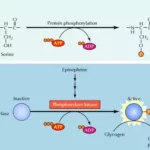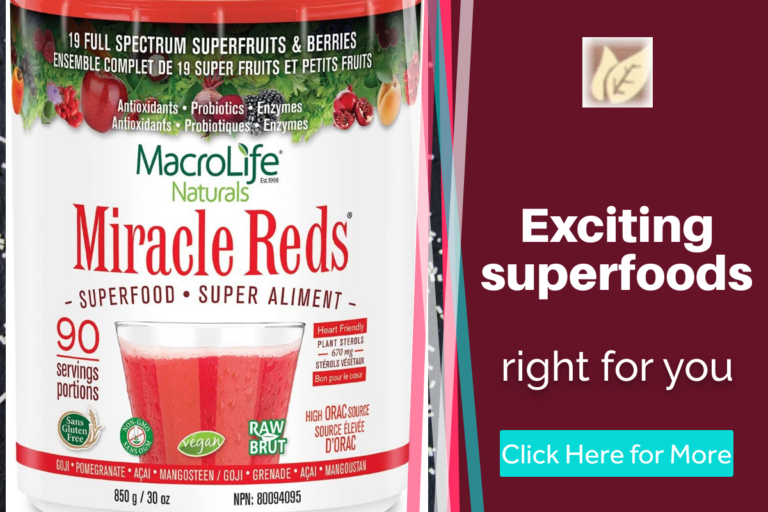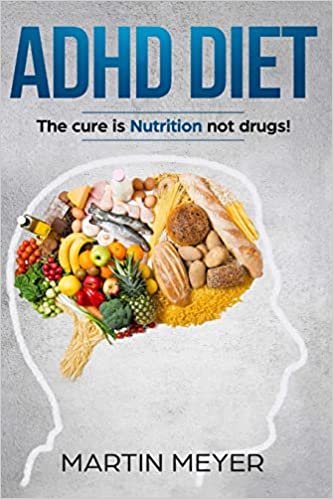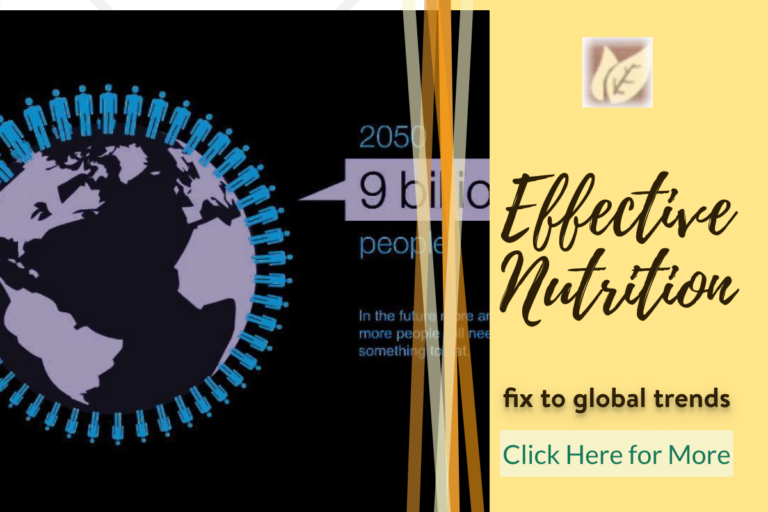Plant Protein Vs Meat
Plant Protein Vs Meat
Plant Protein Vs Meat is a question that is always asked, and this article will provide all the needed answers.

Plant protein is all the rage these days. More and more people are making the switch from meat to vegetarian and vegan eating.
Veganism, in particular, is incredibly popular. Vegans don’t eat meat, poultry, fish, or dairy. Some vegans also don’t eat eggs or honey, while others eat some dairy or eggs, but never dairy or eggs from animals.
The health food and fitness worlds are buzzing with conversation over whether meat is healthy for you.
Some assert that meat is healthy and nutritious, while others argue that a vegetarian diet is better for health.
So is there really a healthy way to eat?
There are two main types of protein: animal protein and plant protein.
Dr. Dan Brennan has been practicing medicine for nearly 30 years. He is an expert on nutrition and wellness, as well as the author of several books including “Eat Right 4 Your Type.” You can rest assured that his analysis of Plant Protein Vs Meat Protein is worth paying attention to.
Dan Brennan says plant proteins are sometimes incomplete sources of protein. He also says there are benefits and concerns with plant-based proteins.
He believes that plant proteins can be good for your body if they come from whole foods like beans, nuts, seeds, and soy products.
But he warns against consuming too much processed plant protein because it lacks nutrients and fiber.
Dr. Brennan says that the best source of protein is organic grass fed beef.
He says that this type of protein contains essential amino acids and other nutrients that help build muscle and support overall health.
In addition to eating red meat, Dr. Brennan recommends adding legumes, such as lentils, chickpeas, and black beans, to your diet.
These foods contain high levels of protein and fiber. They also have important minerals like iron, zinc, calcium, and magnesium.
Dr. Brennan adds that these foods contain phytonutrients called flavonoids which may reduce inflammation in the body.
However, he cautions that many packaged foods labeled as “vegetarian” are actually just low-fat versions of meat.
Plant Protein Vs Meat Choices
When choosing Plant Protein Vs Meat Protein choices, Dr. Brennan advises avoiding those with added sugar, salt, and fat.
This includes things like chips, crackers, cookies, and breads.
He says that these foods often contain unhealthy fats and refined carbohydrates.
Instead, he suggests buying fresh fruits and vegetables, whole grains, and lean meats.
If you decide to go vegan, Dr. Brennan says you should choose foods that provide complete protein.
Complete protein comes from combining both plants and animals.
For example, tofu is made by mixing soybeans with water and pressing them into blocks.
It provides complete protein. However, that tofu doesn’t taste very good.
For this reason, you can use tempeh instead.
Tempeh is fermented soybean cake.
It tastes great and is higher in protein than tofu.
You can also buy textured vegetable protein (TVP) at most grocery stores. This product is made from defatted soy flour. It is used as a meat substitute.
Vegan options include seitan, quinoa, buckwheat, and hemp. These foods are usually available at natural food markets.
You can also make your own veggie burgers using beans, oats, sunflower or flaxseed meal, and spices.
The bottom line is that Plant Protein Vs Meat Protein the plant variety is not always healthier than animal-based proteins.
They all have their pros and cons.
The Makeup of Proteins
Most people know that protein is important when it comes to building muscles.
But did you know that protein also helps the body produce hormones?
Hormones help regulate growth, reproduction, moods, sleep cycles, immune system function, and more.
Protein is also used to make antibodies that fight infections. And finally, protein keeps us healthy by helping repair tissues after injury.
How Much Protein Do You Need?
Adults should eat about 50 grams of protein per day, or about 7 grams of protein per 20 pounds of body weight per day.
A 140 pound adult should eat about 70 grams of protein daily.
A 200 pound adult should eat about 90 grams of protein daily.
Children need slightly less protein than adults because they grow faster.
According to The American Dietetic Association, children ages 1 to 3 years old require 0.8 gram of protein per kilogram of body weight each day.
Adolescents between 14 and 18 years old need 1.2 grams of protein per kilogram.
And teens 19 to 21 years old need 1.3 grams of protein per kilo.
What About Vegetarians?
Vegetarians don’t get enough protein if they only consume plant-based foods.
To meet their protein needs, vegetarians must eat foods containing protein such as eggs, milk, cheese, yogurt, nuts, seeds, legumes, fish, poultry, beef, pork, lamb, and dairy products.
However, some vegetarian diets may be low in certain nutrients.
For example, many vegetarian diets lack iron and vitamin B12. To ensure you get enough protein, talk to your doctor before making any dietary changes.
Whey protein powder is a popular source of protein.
This type of protein is derived from cow’s milk.
It contains high levels of essential amino acids, which are necessary to build muscle tissue.
Whey protein supplements are often mixed with other ingredients like carbohydrates and fat to create
shakes, bars, and drinks.
Some whey protein powders contain added vitamins and minerals. These supplements can be useful for athletes who want to boost energy during workouts.
If you’re looking for a vegan protein supplement, try one made from pea protein. Pea protein has been shown to promote lean muscle mass and increase strength.







